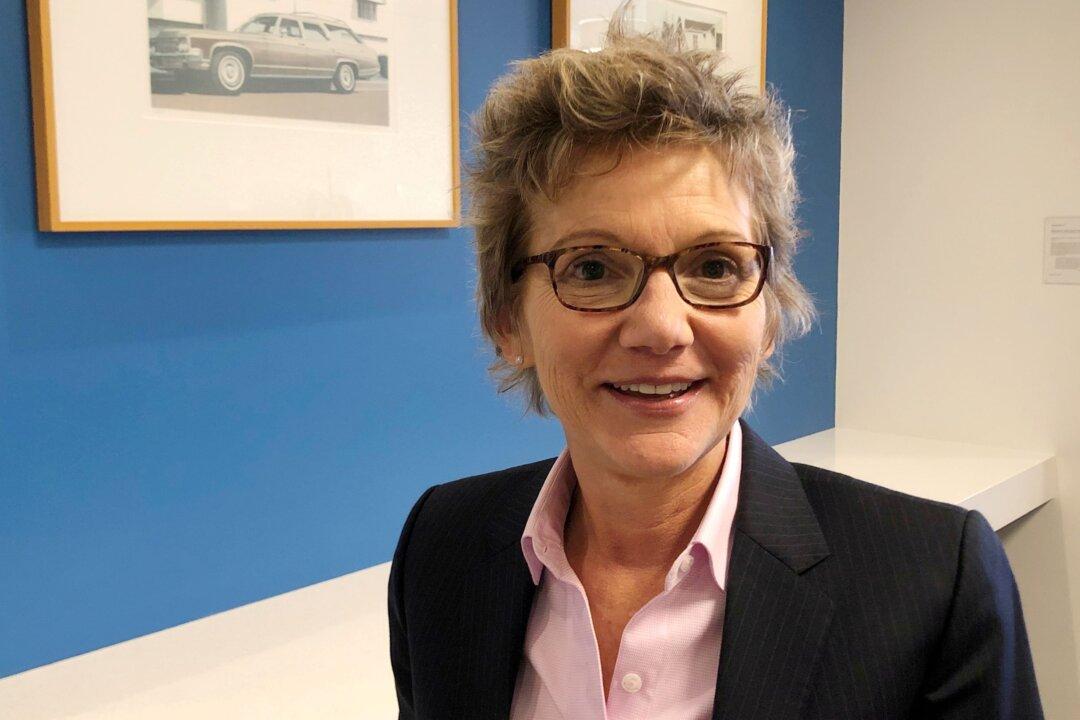The U.S. job market will continue to feel the effects of COVID-19, but it is too soon to say it is “stalling,” San Francisco Federal Reserve President Mary Daly said on Sunday.
“It’s going to have these ups and downs, especially with the Delta variant,” Daly said on the CBS weekend news program “Face the Nation” when asked about a second straight month of disappointing job growth in September.





